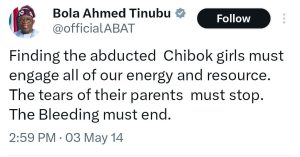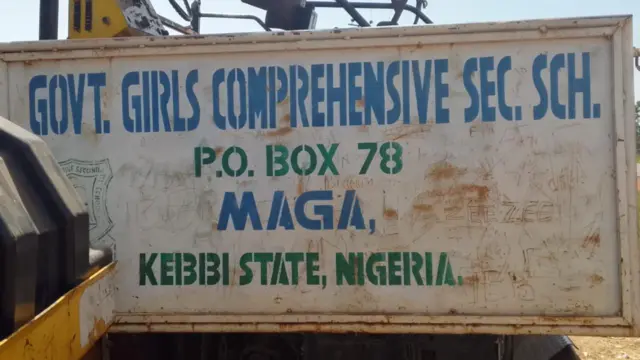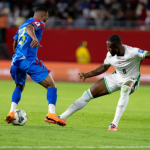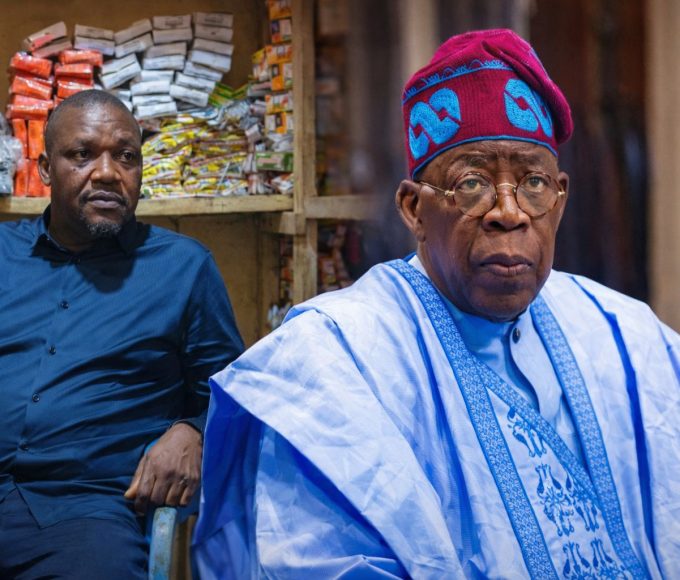
For the families of the 25 schoolgirls abducted from Government Girls Comprehensive Secondary School in Maga, Kebbi State, the nightmare began long before dawn. Gunmen entered the compound in the early hours of November 17, breaking into the dormitories and forcing students into the forest after killing the school’s vice principal, Hassan Yakubu Makuku. The scene was chaotic, terrifying, and heartbreakingly familiar.
Security forces moved quickly, sending police units, soldiers and local vigilantes into surrounding villages and bush paths. One of the girls managed to escape, but most remain missing. Their parents have gathered outside the school grounds, clutching photographs and praying for news while refusing to return home without answers.
For many Nigerians, the Kebbi abduction reopened an old wound. The memory of the Chibok kidnapping in 2014, when Boko Haram took 276 schoolgirls, has never faded. It remains the defining symbol of the country’s unresolved crisis of insecurity. The parallels between Chibok and Maga are impossible to ignore, and so is the sense of déjà vu in the public reaction.
In 2014, Bola Ahmed Tinubu, then an opposition leader, responded to the Chibok tragedy with a statement that resonated nationwide.
Finding the abducted Chibok girls must engage all of our energy and resources. The tears of their parents must stop. The bleeding must end.
That message, posted on May 3, 2014, captured a national mood of urgency and moral responsibility.

More than a decade later, many Nigerians are asking whether the same urgency exists now that Tinubu is president. The government has condemned the Kebbi attack and promised swift action. Security agencies say they are closing in on the perpetrators. Yet critics argue that the official response feels slow, predictable, and reactive. They believe the government only becomes vocal when the story gains international traction, not when communities first raise the alarm.
That perception has deepened as foreign newsrooms picked up the story. Once the Kebbi abduction appeared across major international outlets, the pace of government statements quickened. For many Nigerians, that shift reinforces a long-standing frustration: tragedies here often become national priorities only after they become global headlines. It was true during Chibok, Dapchi and countless ransom kidnappings. It now feels true again.
The international coverage comes at a moment when Nigeria is already under heightened scrutiny from abroad. The United States recently re-listed Nigeria as a “country of particular concern” for religious freedom issues, a designation revived under the Trump administration. Washington has voiced alarm over religiously motivated violence, while Trump himself has issued remarks suggesting Nigeria could face cuts in aid or stronger measures if the situation does not improve. Nigerian officials have rejected these claims, arguing that the country’s crisis is rooted in terrorism and banditry rather than state-led persecution.
Against that backdrop, the Kebbi attack unfolds not just as a local tragedy but as part of a larger narrative in which Nigeria’s security failures are constantly interpreted through external eyes. International reports often frame these incidents in ways that reinforce stereotypes of crisis and instability in Africa, sidestepping the nuanced realities of governance failures, neglected rural communities, and vast unpoliced territories.
Inside Nigeria, however, the focus is on the families. Parents in Maga are consumed by grief and fear. They are not debating geopolitics or foreign designations. They want their daughters found. They want the government to act with the urgency promised years ago and repeated many times since.
The kidnapping of the Kebbi schoolgirls is not only a security emergency. It is a test of the government’s credibility and of its willingness to confront an old problem with new resolve. It is a moment in which Tinubu’s own 2014 words linger in the background, reminding the country of a promise made long before he took office.
Read: DR Congo Stun Nigeria on Penalties to Keep World Cup Dream Alive
About The Author
Related Articles
The AFCON Final in Morocco and the Controversies That Followed
The Africa Cup of Nations final between hosts Morocco and Senegal ended...
ByWest Africa WeeklyJanuary 20, 2026Tinubu Government Claims Intelligence Cooperation With the US, Yet New York Times Publishes Conflicting Story Following $9 Million US Lobbying Effort
When the New York Times published its investigation suggesting that claims from...
ByWest Africa WeeklyJanuary 19, 2026Mali’s Transition Leader Attends Swearing-In of Guinea’s President Mamadi Doumbouya
Mali’s President of the Transition, General Assimi Goïta, represented the country in...
ByWest Africa WeeklyJanuary 19, 2026Malian Army Conducts Successful Surveillance Operation in Mopti Region
The Malian Armed Forces have carried out a successful territorial surveillance operation...
ByWest Africa WeeklyJanuary 19, 2026













Leave a comment